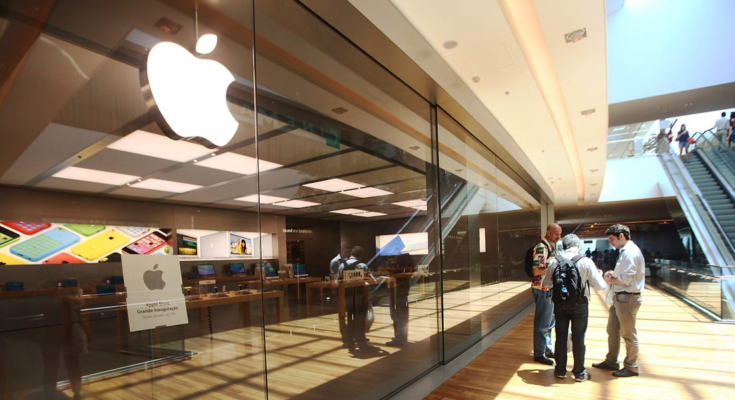- A judge ordered Apple to pay a man $1,000 for not including a power adapter with his iPhone.
- The judge said the company was making customers buy two of its products so one would work fully.
- Apple said the provided cable could be used with non-Apple adapters, which the judge rejected.
A Brazilian judge has ordered Apple to pay 5,000 Brazilian reals, or $1,081, to a man for not including a power adapter with the sale of his new iPhone.
Judge Vanderlei Caires Pinheiro of a civil court in the city of Goiânia ruled the practice a “tie sale,” or a situation in which a company requires that a customer buy two of its products for one of them to work, according to court documents seen by Insider.
The judge said Apple had “obliged the consumer to purchase a second product of its exclusive manufacture,” calling it an “abusive and illegal commercial practice.”
In its defense, Apple said each iPhone came with a
USB-C
to Lightning cable, which lets consumers charge their phones using power adapters they can buy from other companies, according to the court documents.
But the judge rejected the argument, saying the cable didn’t work with wall adapters lacking a USB-C port, with which the Apple charger was designed.
He also noted that Apple said it stopped providing the power adapter out of concern for the environment and because of a supply shortage for the accessory. Pinheiro responded by saying Apple was still manufacturing its power adapters and selling them separately.
“It is not appropriate that such a measure seeks to reduce environmental impacts, since, in all evidence, the defendant continues to manufacture such an essential accessory, but now sells it separately,” Pinheiro said.
Apple first announced it would stop providing power adapters with its iPhone 12 in 2020, which the Brazilian government said it found to be abusive. In 2021, it fined Apple $2 million for the practice, saying the tech giant failed to demonstrate the “environmental gain” it had advertised, according to the Brazilian outlet G1.
Apple did not immediately respond to a request for comment from Insider.



